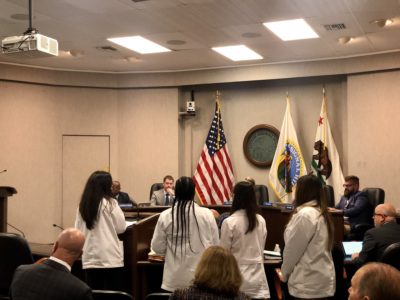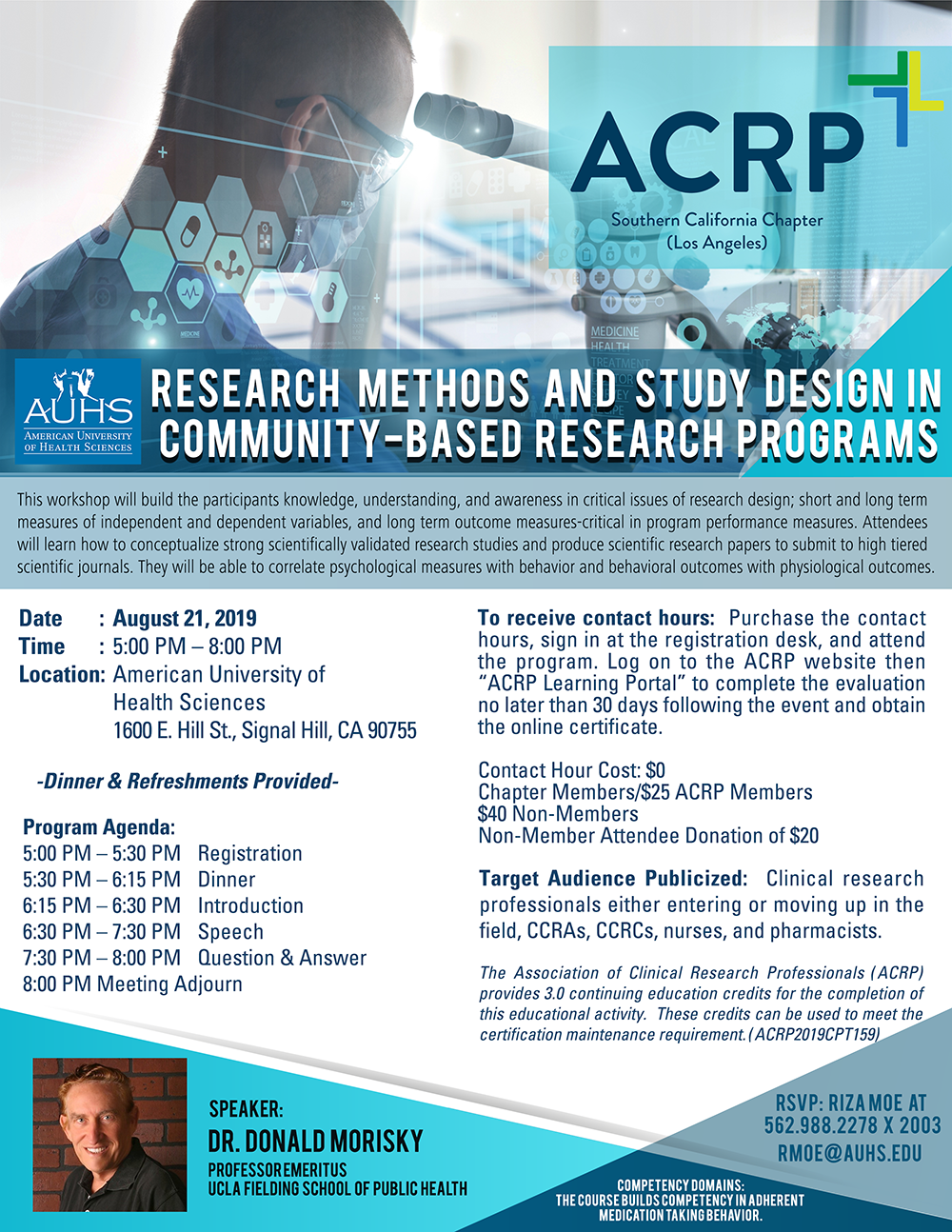Advice for Enhancing Nutrition
By John Schloss, PhD
In 2023, an article was published from AUHS concerning the effect that 22 different nutrients had on the risk of morbidity and mortality from COVID. After reading the article a dentist reached out to the author, Dr. John Schloss, for advice on dietary supplements. This has led to this advice column for other practitioners or individuals in the community to seek science-based answers to questions they may have about nutrition. Please share your thoughts about this.
 For our inaugural column we offer the advice given to the dentist. Here is the question from a dentist and the answer provided by ‘Dr. John.’
For our inaugural column we offer the advice given to the dentist. Here is the question from a dentist and the answer provided by ‘Dr. John.’
Question from a dentist:
John, I read your research title “Nutritional deficiencies that may predispose to long COVID” and it gave me some interesting thoughts. As a dentist, I focus on the overall health of my patients every day, and the connection between oral health and nutrition is very close. If nutritional deficiencies can indeed affect our resistance to COVID, it has important implications for how we advise patients to adjust their diets and supplement with vitamins and minerals. What are your thoughts on this topic?
Answer from Dr. John:
It is important to be comprehensive in your approach to supplements. There are macrosupplements that are important in addition to the microsupplements contained in the average multivitamin supplement. These include things like taurine, not usually included in most supplements, N-acetylcysteine (better pharmacokinetics and fewer side effects than cysteine), beta-carotene, omega-3 fatty acids, minerals, and essential amino acids. Getting the amounts right and not overdosing on those that can have toxic consequences (e.g., zinc and selenium) or are provided in an abnormal form with questionable pharmacology (e.g., cyanocobalamin for B12) can be difficult. There are some potential dietary supplements that are not currently commercially available or even on the nutritional supplement ‘radar’, like dolichol. Limiting total caloric intake has long been known to retard aging and extend lifespan but few know that this is, in part, due to a reduction in dietary methionine intake. Diet and dietary supplements are complex topics with a considerable amount of misinformation due to commercial interests from various directions. It is also a moving target because we really don’t know everything.
The AUHS publication that resulted in a dentist writing to Dr. John:
Inflammopharmacology (2023) 31(2):573-583.
https://doi.org/10.1007/s10787-023-01183-3
Author: John V Schloss
Affiliation: Departments of Pharmaceutical Science and Biochemistry & Molecular Biology, Schools of Pharmacy and Medicine, American University of Health Sciences, 1600 East Hill St., Signal Hill, CA, 90755, USA. jschloss@auhs.edu.
Link to article in PubMed: http://www.ncbi.nlm.nih.gov/pmc/articles/pmc10015545/








